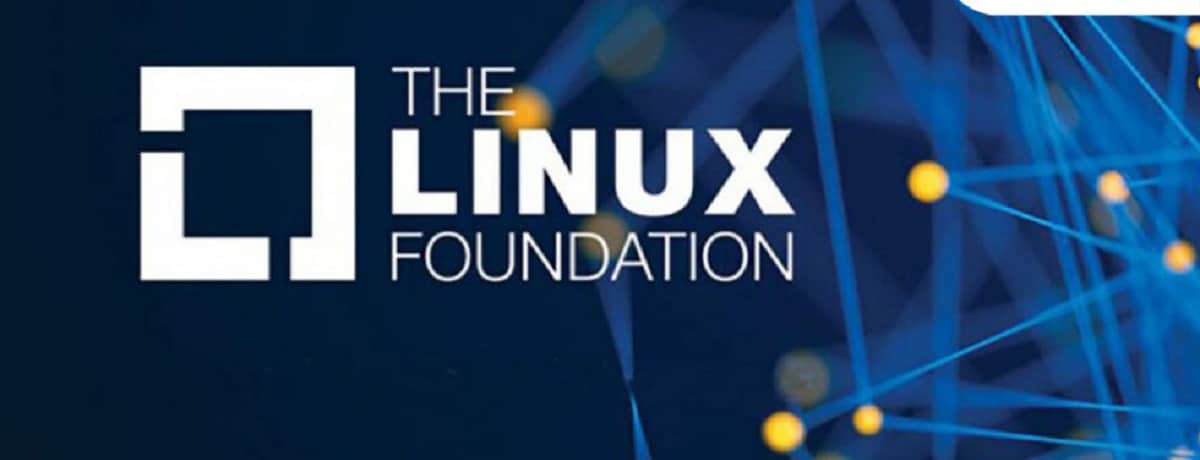
OWF's mission is to develop a secure and versatile open source engine that anyone can use to create interoperable wallets.
The Linux Foundation unveiled recently plans to form the “OpenWallet” Foundation (OWF), which consists of a consortium of companies and non-profit organizations collaborating to create an open source software stack to promote a plurality of interoperable digital wallets.
The initiative has already obtained the support of Accenture, Avast and Open Identity Exchange, as well as standards organizations and public sector representatives. The idea is that wallets created under the OWF umbrella support a wide variety of use cases, such as identity verification, payments, and digital key management.
OpenWallet aims to define best practices in digital wallet technologythrough collaboration on an open source code that will serve as a starting point for all who strive to create wallets that are interoperable, secure and protect privacy. In a press release issued today, the Linux Foundation said that the OWF does not intend to release a wallet on its own, offer benchmarks, or create new standards.
The community will focus on creating an open source software engine that other organizations and companies can take advantage of to develop their own digital wallets. The wallets will support a wide variety of use cases, from identity to payments to digital keys, and aim to achieve feature parity with the best wallets available.
“With the OpenWallet Foundation, we encourage the creation of a plurality of wallets based on a common core. I couldn't be happier with the support this initiative has already received and the welcome it has found at the Linux Foundation,” he said. For his part, Jim Zemllin, CEO of the Linux Foundation, said: “We are convinced that digital wallets will play a vital role for digital businesses. Open source software is the key to interoperability and security. We are delighted to welcome the OpenWallet Foundation and excited about its potential.”
As a reminder, digital wallets are generally software-based online services that allow people to conduct electronic transactions with other people and businesses. Some of the more popular wallets include PayPal, Apple Wallet, Google Wallet, Venmo, and Cash App.
But you are wallets have gradually moved beyond payments and are becoming potential substitutes for anything you can save in a physical wallet. Apple, for example, now allows drivers to store their driver's license digitally on their iPhone.
Another example is the Diia app, an online portal and mobile app that allows Ukrainians to use digital documents on their smartphones instead of physical documents for identification and sharing purposes.
The arrival of cryptocurrencies also opens up new use cases for digital wallets, although the different blockchains are generally incompatible. As for the metaverse, when it becomes a reality, it should rely heavily on interoperability and open standards, so that participants can make payments and identify themselves in virtual worlds. And it is in this context that the OWF seeks to impose itself. “The universal wallet infrastructure will allow identities, money and tokens to be transported from one place to another in the digital world,” said David Treat.
“A massive business model shift is coming, and the winning digital business will be the one that gains the trust to directly access the real data in our wallets to create much better digital experiences,” he added. The Foundation's press release notes that there is already a wide range of memberships from various industry players, including Okta, Ping Identity, Accenture, CVS Health and the OpenID Foundation. The goal is to eventually achieve “feature parity with the best wallets available.”
Additionally, potential use cases also include cryptocurrency wallets that today represent a part of a larger digital economy.
“OWF intends to enable many use cases where users can easily store and access digital credentials and digital assets. A potential use case could include cryptocurrency, but that will not be the only use case that the OWF open source engine could address,” said Dan Whiting, director of media relations and communications at the Linux Foundation.
Finally If you are interested in knowing more about it, you can check the details In the following link.